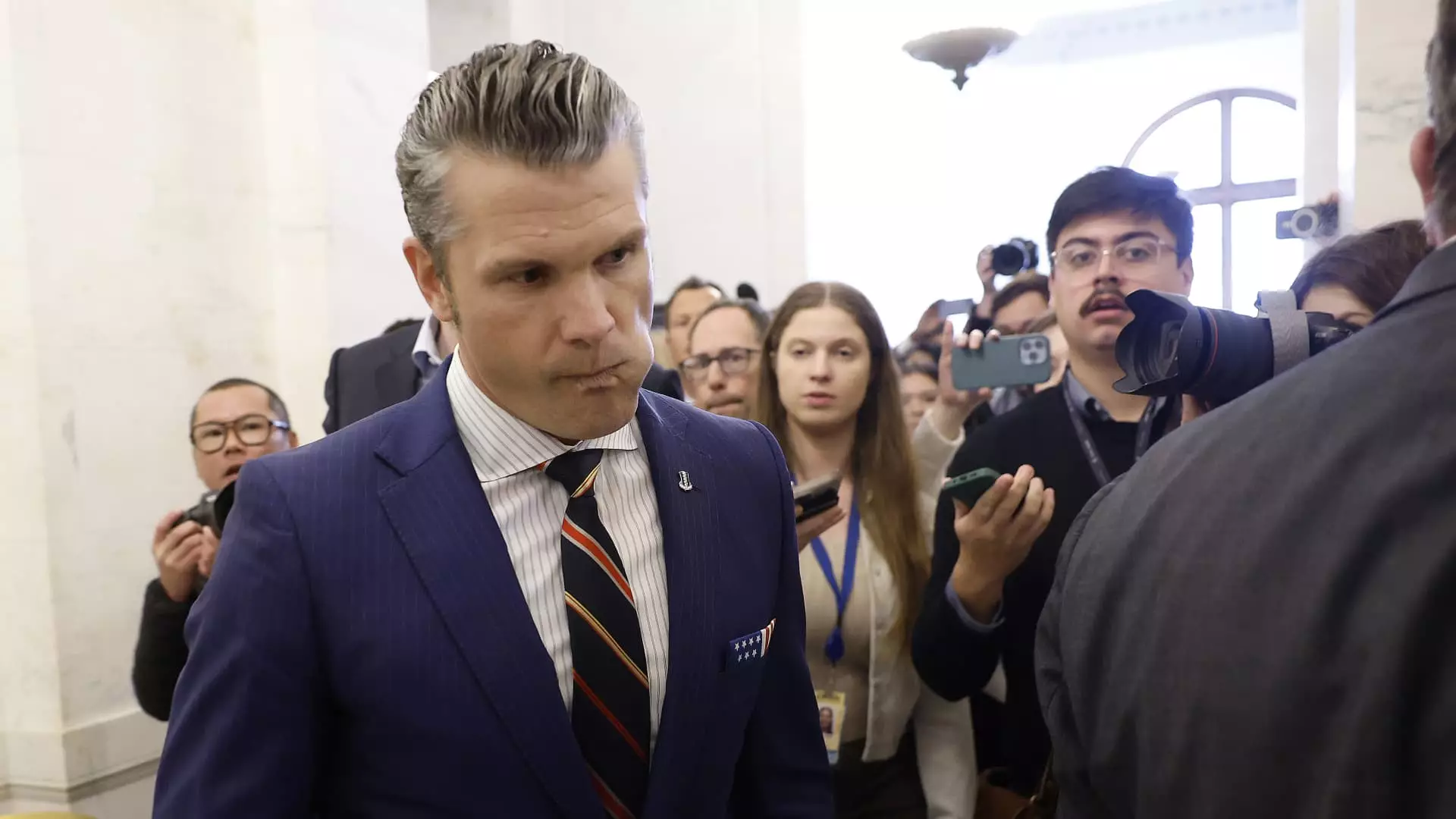The nomination of Pete Hegseth to lead the Department of Defense under President-elect Donald Trump has been met with significant scrutiny. Compounded by previous controversies, recent allegations regarding his personal conduct during his tenure at two veterans’ nonprofit organizations are casting a long shadow over his selection. This article delves into the allegations of alcohol abuse, mismanagement, and sexual misconduct outlined in a report by The New Yorker, examining the implications for military leadership and governance.
The Allegations: An Overview
According to The New Yorker, a whistleblower complaint filed in 2015 has resurfaced, detailing questionable behavior by Hegseth during his leadership roles at Concerned Veterans for America (CVA) and Vets for Freedom (VFF). Hegseth reportedly exhibited signs of extreme intoxication at organizational events, purportedly requiring assistance to leave, and was even restrained from inappropriate actions while visiting a strip club with staff members. Such portrayals are alarming, especially given Hegseth’s position as a veteran and a public figure advocating for military interests.
These claims are further complicated by allegations of a toxic workplace culture under Hegseth, where male managers purportedly categorized female employees into two distinct groups based on their perceived willingness to engage socially. This approach not only breaches professional conduct expected from a leader but raises broader concerns about misogyny and the treatment of women in the workplace.
Beyond the personal misconduct allegations, Hegseth’s management of Vets for Freedom presents serious financial concerns. Reports indicate the organization incurred significant debt, ultimately leading donors to remove Hegseth from power. Such mismanagement highlights not only a failure of leadership but also raises ethical questions about how veterans’ nonprofits are governed and the trust invested in their leaders.
The implications of these alleged misdeeds extend beyond Hegseth as an individual. They invite a critical evaluation of the expectations placed on those in leadership within the nonprofit sector, especially organizations dedicated to serving veterans. Additionally, they serve as a cautionary tale of the potential pitfalls in governance that can arise when leaders prioritize personal interests over organizational integrity.
Hegseth’s background is marred by legal challenges that further complicate his public image. A police investigation into an alleged sexual assault during a Republican women’s convention in 2017 raised eyebrows, particularly due to the context of his personal life at that time. Hegseth, who was going through a divorce, faced scrutiny when allegations emerged amidst his involvement in an extramarital affair that resulted in a child being born to his current wife.
Although law enforcement ultimately chose not to file charges due to insufficient evidence, the incident’s timing and details contribute to a narrative of questionable character. The fact that Hegseth entered into a civil settlement years later, amidst heightened sensitivity due to the MeToo movement, further complicates his standing. This pattern suggests ongoing issues with personal conduct that merit close examination.
The revelations surrounding Hegseth’s conduct raise fundamental questions about the standards of accountability and professionalism expected from military leaders. The position of Secretary of Defense not only demands strategic acumen but also a moral compass reflecting the values of service, integrity, and respect. If the allegations against Hegseth hold true, they undermine the very principles expected of those in military leadership roles.
As the nation entrusts its defense to leaders with proven integrity, Hegseth’s documented controversies could pose risks not only to morale within the military ranks but also to the public perception of the Department of Defense. A shrouded past may hinder his ability to lead effectively, as trust remains a crucial component of successful military governance.
The scrutiny surrounding Pete Hegseth’s nomination as Secretary of Defense serves as a lens through which the broader cultural and ethical dilemmas facing leadership within veterans’ organizations and the military can be examined. For leaders entrusted with the well-being of service members, a commitment to integrity, accountability, and respect is paramount. Only through stringent adherence to these principles can organizations hope to maintain credibility and foster an environment that honors the sacrifices of veterans. As the future unfolds, it remains to be seen whether Hegseth is capable of embodying these values amid the controversies that have come to define his public persona.



Leave a Reply